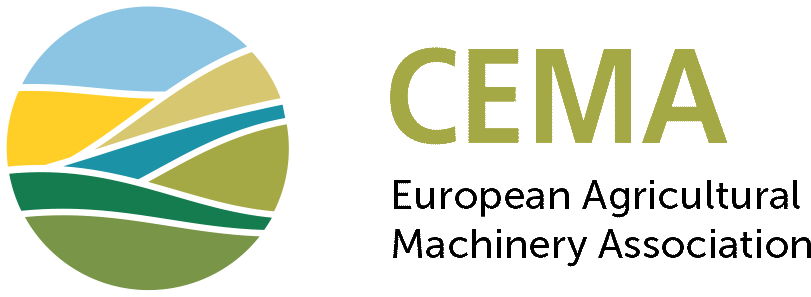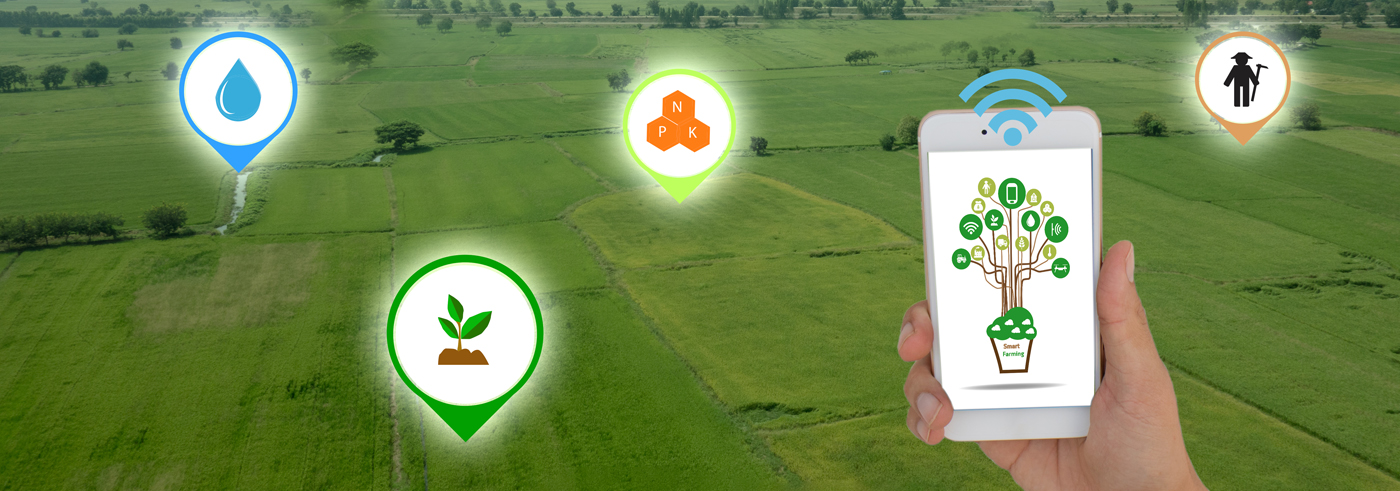PRESS RELEASE
Brussels, 6th February 2024 - CEMA, the European Agricultural Machinery Association, issued today a position paper outlining the contribution of smart agricultural machinery to carbon farming.
Carbon farming is a set of land management practices to sequestrate carbon in the soil. By reducing the CO2 released in the atmosphere and capturing it, it can contribute to mitigating climate change. The European Commission has often underlined the role of the agricultural sector to reach the EU’s climate targets. Carbon farming can be an important contributor, enabling to compensate emissions through carbon removals, which are activities that remove CO2 from the atmosphere and store it.
CEMA is committed to greenhouse gas (GHG) reductions and carbon sequestration in agriculture. Our manufacturers are engaged with farmers to foster climate neutrality, and the industry has long been developing and offering a wide range of innovative machines and technologies enabling climate-smart agricultural production processes. With the public conversation warming up on the forthcoming framework for voluntary carbon removal certifications and on the set up of a clear EU roadmap on carbon farming, CEMA would like to contribute to the discussion.
This dedicated position paper, emphasizes the importance of considering broader carbon reduction opportunities, encompassing land and livestock management, as well as circular economy principles. When it comes to the measurement of CO2 efficiency improvements, CEMA maintains that the co-benefits associated with carbon farming practices should also be factored into the equation. Ensuring reliable long-term business conditions for European farmers and technology sectors is crucial for achieving overall CO2 emissions reduction and advancing towards carbon sequestration. The potential for the combined EU agricultural and Land Use, Land Use Change and Forestry (LULUCF) sectors to become climate neutral by 2035 can only be realized in a holistic technology-wise and cost-effective manner.
In the paper, manufacturers offer a broad perspective of carbon sequestration in agriculture, and focus on the following questions:
- How can smart practices and technologies support carbon farming and measurement of carbon sinks?
- What methodological framework would be feasible for the quantification of carbon removals?
- What policy support measures are necessary for fostering and scaling-up the uptake of carbon farming and carbon removal certification?
CEMA offers an analysis of the points above, and complements it with recommendations to EU decision makers touching upon: scope definition of carbon removals, good practices, level playing field, technology uptake, technology calibration and reporting obligations.
The European Agricultural Machinery Association also believes that the digital transformation which brings better connectivity, data streams and advanced data analytics will be a key enabler for carbon farming.
The paper can be read here.
- ENDS -








